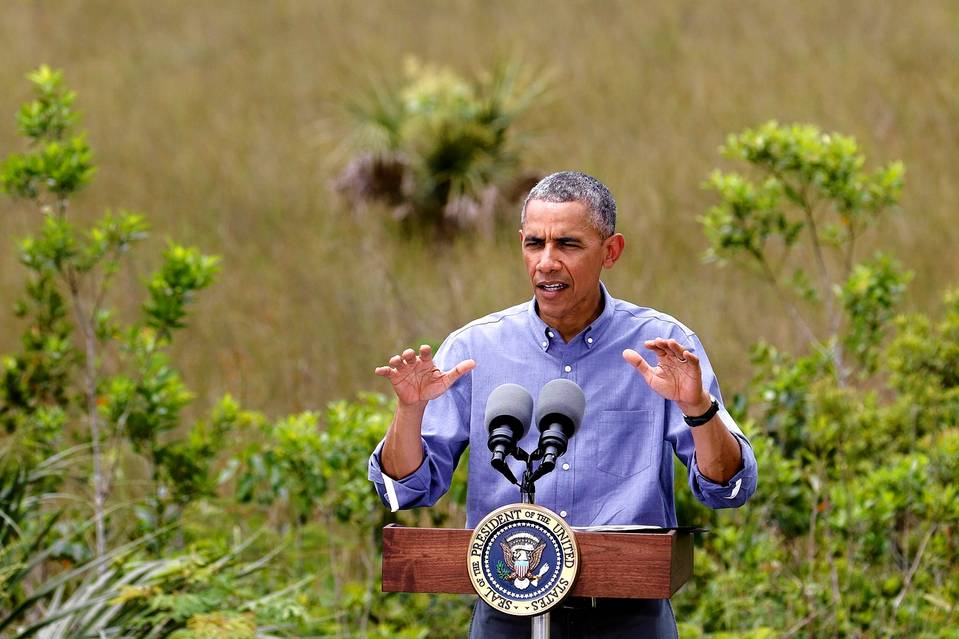As humanity stands at the cusp of an impending environmental catastrophe, a pivotal inquiry emerges: can the harmonious convergence of science and religion elucidate pathways to combat climate change? This inquiry, playful yet profound, encapsulates a significant challenge: navigating the intricate relationship between spiritual imperatives and empirical evidence in addressing one of the most pressing dilemmas of our age. The Bahá’í teachings, emerging from a perspective that deeply values both the material and spiritual worlds, offer a compelling framework for understanding and addressing climate change.
The Bahá’í Faith posits that humanity is part of a greater, transcendent reality. This belief encourages followers to perceive the environment not merely as a backdrop for human activity but as a sacred trust needing stewardship. Bahá’u’lláh, the founder of the Bahá’í Faith, emphasizes the interconnectedness of all things, a principle resonating profoundly within ecological discourse. The teachings signal a clarion call to adopt a holistic approach—one that amalgamates scientific insight with spiritual wisdom.
At the core of Bahá’í teachings about nature lies the concept of interdependence. This tenet invites individuals to recognize that all forms of life are linked in a vast web of existence. Consequently, climate change is reframed as not merely an environmental issue but an ethical and spiritual crisis, demanding a collective response rooted in both scientific understanding and moral responsibility. The Bahá’í narrative argues that human beings have an obligation to conserve resources, protect ecosystems, and mitigate harm to the earth.
A fundamental doctrine within Bahá’í teachings is the imperative to pursue knowledge. In this context, scientific inquiry is viewed as a sacred endeavor. The Bahá’í Faith encourages its followers to engage with and promote scientific education, recognizing that knowledge is essential for addressing challenges like climate change. The recognition of climate change through rigorous scientific inquiry facilitates informed action. Thus, the endorsement of science is interwoven with the spiritual pursuit of truth, urging individuals to delve deeply into environmental sciences to unveil sustainable practices.
However, it is crucial to address a potential dichotomy faced by many: the perceived division between spiritual beliefs and scientific reasoning. For some, religion might seem to impose dogmas that conflict with scientific evidence. The Bahá’í perspective counters this perception by asserting that true science and genuine religion are harmonious allies. Both seek to illuminate the same reality, albeit through different lenses. Therefore, the role of the Bahá’í follower becomes one of bridging these realms, advocating for solutions that integrate spiritual insights with scientific principles.
Another dimension of Bahá’í teachings pertinent to combating climate change is the emphasis on collective action. The Faith underscores the importance of unity in diversity—the idea that collaboration among varied global communities can catalyze transformative changes. Addressing climate change demands multifaceted strategies and collaborative efforts among governments, organizations, and individuals. The Bahá’í teachings invite communities to unite in action, harnessing collective spiritual and intellectual resources to cultivate solutions that honor both human dignity and environmental integrity.
A practical application of these principles can be observed in the increasing emphasis on sustainability within Bahá’í communities. Various initiatives worldwide reflect the Faith’s commitment to environmental stewardship, emphasizing actions such as community education on ecological practices, afforestation projects, and clean energy solutions. These endeavors exemplify the integration of faith and action, illustrating how Bahá’í teachings translate into tangible efforts to combat climate change.
Moreover, the Bahá’í teachings advocate for a renewed relationship between humanity and the natural world. This renewed connection transcends utilitarian consumption, urging individuals to view nature as an integral aspect of community life. The appreciation of nature’s beauty is intrinsic to the Bahá’í Faith, fostering a sense of respect and care for the environment. This spiritual relationship encourages sustainable practices that prioritize conservation over exploitation, thus contributing to the mitigation of climate change’s impacts.
While engaging with the complexities of climate change, it is essential to acknowledge the role of policymakers and global agreements. The Bahá’í teachings advocate for equitable and just policies that consider the needs of future generations and the marginalized communities often disproportionately affected by environmental degradation. This perspective aligns with the ethical mandates found within Bahá’í literature, reinforcing the call for justice, equality, and collective responsibility.
As humanity wrestles with the enormity of climate change, the Bahá’í teachings stand as a beacon of hope. They promote a collaborative framework that unites the reasoning of science with the moral guidance offered by religion. By fostering dialogue and encouraging interdisciplinary cooperation, societies can better navigate the complexities of our ecological crisis. The Bahá’í perspective underscores that combating climate change is not merely a scientific endeavor; it is profoundly spiritual, urging humanity to engage in a collective journey towards reconciliation with the earth.
In conclusion, the path to confronting climate change is multifaceted, necessitating an alliance of scientific rigor and spiritual insight. By adopting Bahá’í teachings as a guiding principle, individuals and communities can contribute to a more sustainable and harmonious existence on our planet. The challenge remains: will we choose to confront climate change through the fusion of science and spirituality, shaping a future that honors our interconnectedness with the entire universe?
